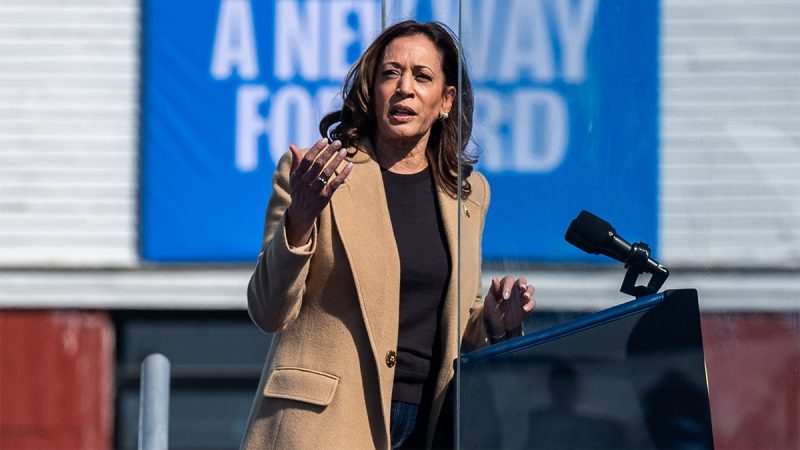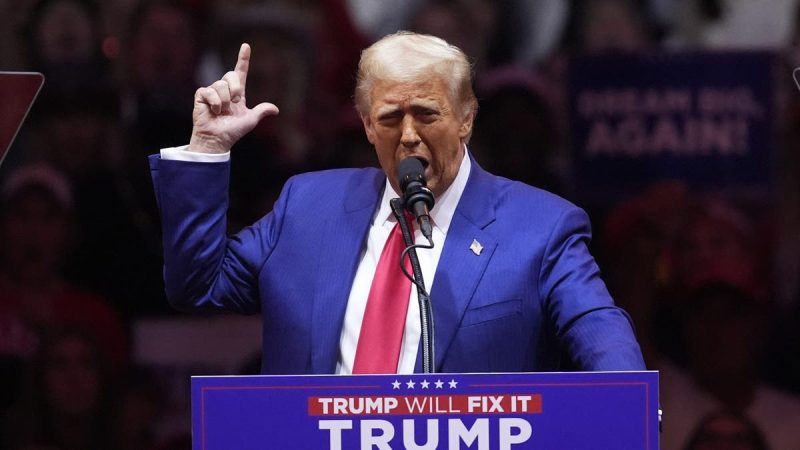Latest News
31-10-2024 12:15
8 Views
Unveiled Truth: Gordon Sondland’s Mistake about Trump Irks Democrats!

Title: The Gordon Sondland Conundrum: A Revelation of Political Realignment and Partisan Incapacity
Introduction:
American politics, in recent times, has assumed a rhetoric of melodramatic intensity and partisan performativity. The gravity of this divide was uncovered in the political revelations of Gordon Sondland, a former ambassador to the European Union. Recently, Sondland stunned the political landscape with his disclosure about being mistaken regarding his perception of President Donald Trump, sending shockwaves throughout the Democrat camp.
Sondland's Revelation:
Initially elevated into political prominence by Donald Trump, Sondland found himself at the center of the impeachment proceedings that dominated the political discourse toward the end of 2019. Instrumental to instigating the inquiry, Sondland, under oath, admitted a 'quid-pro-quo' situation, a confession that set the impeachment wheels into motion.
However, it is his recent admission of being misled about President Trump's political orientation and his subsequent detachment from partisan politics that has triggered political discourse nationwide. In an unforeseen pivot, Sondland professed his realization that his understanding of Trump was erroneous. This unexpected admission struck like a lightning bolt upon the Democratic camp.
Democrats' Floundering Response:
Sondland's revelation elicited negative reactions from the democrats, leaving them dumbfounded and confounded. Accused of pandering to the base, Sondland indicated that his disillusionment with Trump is largely down to the political elite's inability to amend the corruption deeply ingrained in the system. This whiplash commentary from Sondland incited an avalanche of consternation in the political circles, particularly against Democrats who are yet to grapple with this exposé's implications.
A New Dispensation:
Shifting away from his prior allegiances and expressing disdain about partisan politics, Sondland has now become a significant voice rallying against the entrenched corruption within the system. His experience epitomizes the deeply-rooted lacunae and inefficiencies plaguing the political framework and the glaring incapacity of the political class. However, it also marks a potential realignment in the political substrate, where politicians might rise beyond partisan barriers to question the system's intrinsic weakness and work towards a more transparent, accountable, and people-centric mode of governance.
Conclusion:
Gordon Sondland's unexpected pivot in perspective symbolizes a fermenting discontent within the political establishment about the system's endemic corruption. His discontentment doesn't just highlight the underlying fissures within the American political system but also marks a potential turning point where bipartisan efforts might be directed towards systemic renovations.
Sondland's assertions and their ensuing repercussions underscore the critical need for introspection among the political class. It calls for an urgent reevaluation of the mechanisms by which societies and nations are governed and hints at the potential for a broader transformation beyond overtly partisan politics towards a more equitable and efficient political structure.




